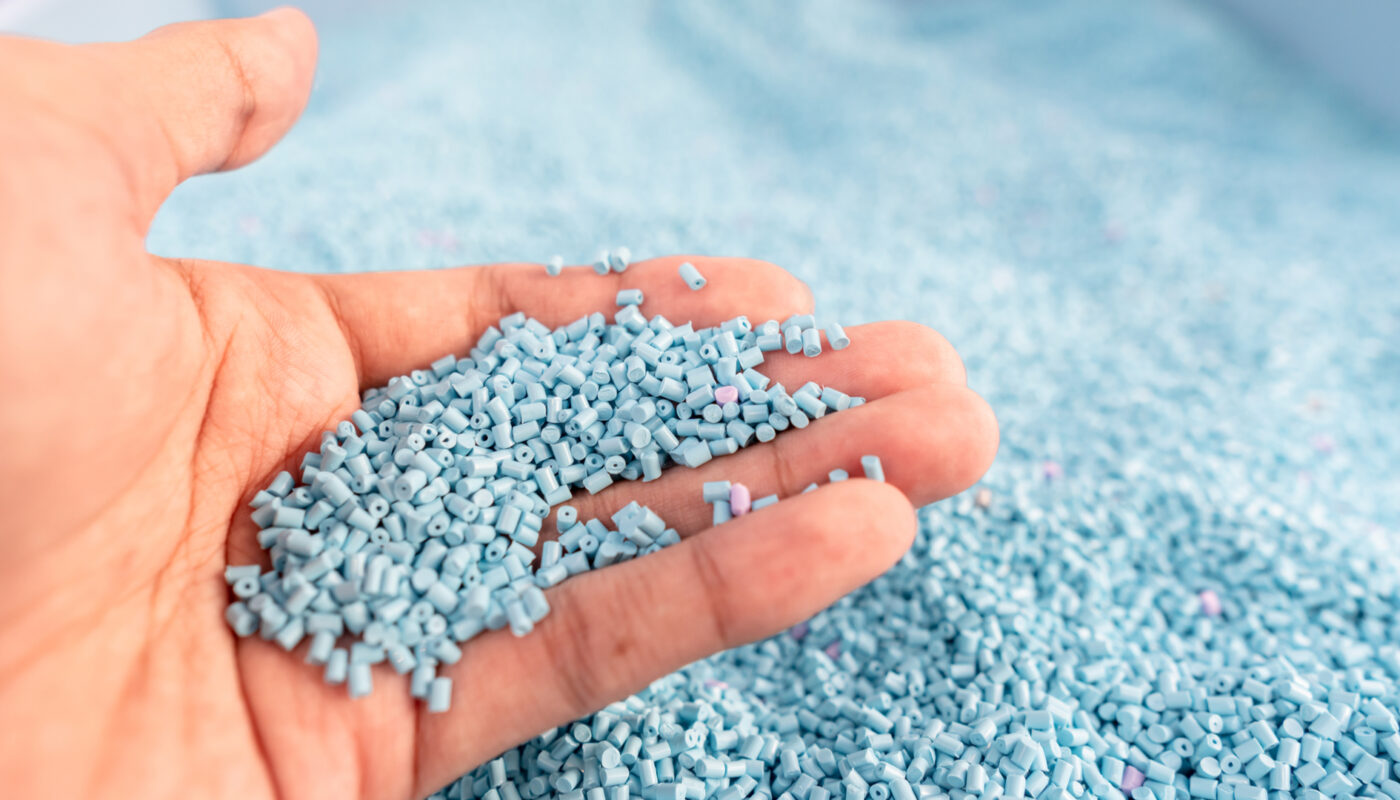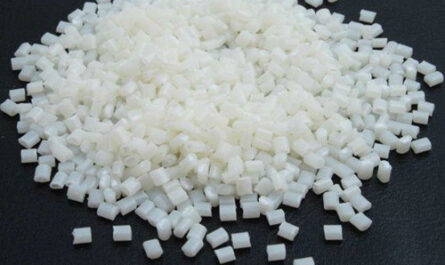Plastic waste is one of the major environmental challenges facing the world today. With plastic production increasing every year and conventional disposal methods like landfilling and incineration harming the environment, finding sustainable solutions to plastic waste has become imperative. One such solution is recycling plastic into granules that can be used to manufacture new plastic products. This article discusses the process of recycling plastic into granules and how it is helping drive a circular economy.
The Plastic Recycling Process
Plastic recycling starts with the collection of used plastic items like bottles, containers, packaging materials etc. from households, businesses and industrial sources. The collected plastic waste is then sorted based on the type of plastic resin. The major resins include Polyethylene Terephthalate (PET), High-Density Polyethylene (HDPE), Polyvinyl Chloride (PVC), Low-Density Polyethylene (LDPE), and Polypropylene (PP).
After sorting, the plastic waste undergoes shredding to break it down into small flakes. These flakes are then washed, dried and melted. The melted plastic is extruded and cut or pelletized into small plastic granules. Modern recycling facilities use automated equipment like conveyor belts, shredders, washers and extruders to efficiently carry out this process. The quality of the granules produced depends on the level of contamination in the input plastic waste. High quality waste yields clean granules suitable for most applications.
Applications of Recycled Plastic Granules
These recycled plastic granules find numerous applications as a sustainable and cost-effective substitute for virgin plastic in the manufacturing of new plastic products. Some key applications include:
– Production of plastic consumer goods: Granules are used to manufacture products like carry bags, trash bags, buckets, containers, bins, crates and more. This brings recycled plastic back into everyday use through useful items.
– Packaging industry: Granules serve as raw material for packaging films, moulded packaging like meat trays, peel able lids and others. This puts recycled content back into consumer packaging.
– Construction materials: Recycled plastic can form the resin component of materials like plastic lumber that can be used for decking, fences and railings. It also goes into paving bricks, pipes and geo-membrane liners.
– Textiles: Some fabrics now use recycled polyester and nylon made from recovered plastic bottles. This diverts plastic from landfills into new textile products.
– 3D printing filaments: Filaments suitable for 3D printers are being extruded using recycled plastic collected from electronics and other sources.
Benefits of Using Recycled Plastic Granules
The use of recycled plastic granules brings significant economic and environmental advantages compared to virgin plastics:
– Resource conservation: It preserves valuable natural resources by reducing extraction of crude oil and natural gas required for new plastic production.
– Energy savings: Recycling plastic into granules requires around 60% less energy compared to manufacturing virgin plastics from crude oil. This lowers overall carbon footprint.
– Landfill diversion: Recycling keeps useful plastic out of overflowing landfills, helping reduce waste volumes. It also minimizes the need for incineration which releases emissions.
– Jobs creation: A thriving plastics recycling industry supports jobs across collection, sorting, processing and manufacturing lines. In the US alone, the plastic recycling sector employs over 54,000 people.
– Cost benefits: Recycled plastic costs less than virgin material for product manufacturers. This brings down production expenses and product prices for consumers.
– Sustainable development: Increased plastic recycling aligns with global priorities of developing a circular economy model that reduces extraction, keeps materials in use and minimizes environmental damage.
Challenges Facing Plastic Recycling
While recycling plastic offers clear environmental and economic advantages, the sector still faces challenges that need to be addressed:
– Contamination issues: Presence of food, moisture or other unwanted materials in plastic collection streams degrades recycled quality. This limits end-use applications.
– Collection infrastructure: Poor waste separation at source and limited recycling drop-off points mean much plastic still ends up in landfill or as litter. More bins and collection programs are required.
– Markets for recycled content: Steady demand is crucial for recyclers but many manufacturers still prefer virgin plastic in most products. Policy support is needed to boost recycled plastic usage.
– Public awareness: Most people remain unaware of which plastics can be recycled locally. Targeted information programs are required to alter behaviors and maximize appropriate plastic collection.



